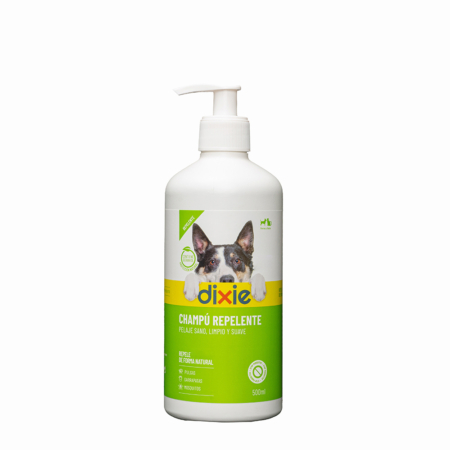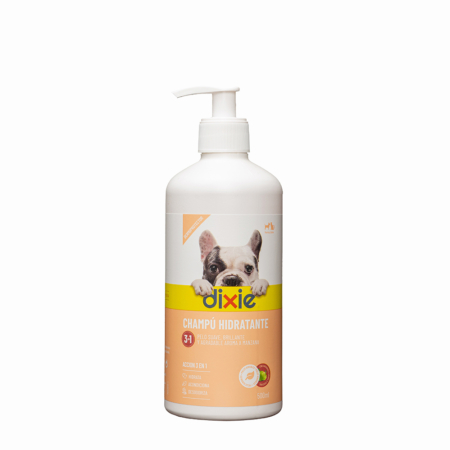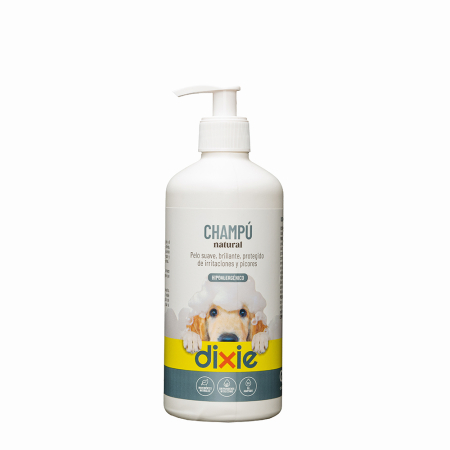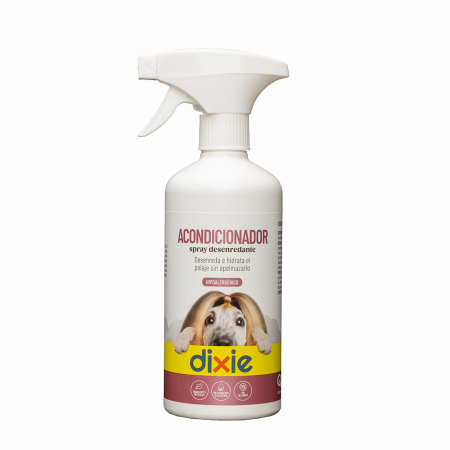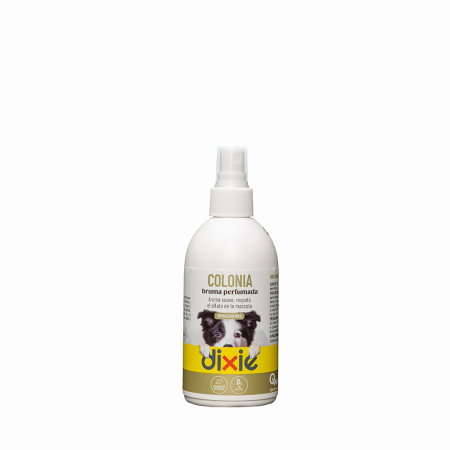Hygiene and Care for Cats
The relationship between hygiene and cat care is a key factor in the effective defense against parasites that can affect their well-being. In this comprehensive approach, we will explore in detail the answers to the five most frequently asked questions posed by cat owners regarding hygiene and care as a preventive tool.
The Importance of Hygiene in Preventing Infestations in Cats
Hygiene is an essential component in the prevention of parasites in cats. Maintaining a clean and orderly environment minimizes opportunities for the proliferation of fleas, ticks, and other parasites.
Regular waste removal and cleaning of resting areas reduce cats' exposure to invasive agents.
Science supports that a hygienic environment acts as a first line of defense against infestations.
Incorporating hygiene practices into the daily routine of cats is essential.
Regular brushing of the coat not only promotes skin and coat health but also helps eliminate fleas and ticks.
Well-groomed nails reduce the risk of wounds that could lead to infections.
Additionally, cleaning feeding and resting areas helps prevent the proliferation of parasites.
Hygiene Strategies in the Daily Care of Cats
Feline Bath: Necessity or Risk?
Bathing is a debated topic in feline care. While cats are known for their grooming abilities, there are instances where baths may be necessary.
However, it's important to consider that cats are sensitive to water and the stress that bathing can bring.
Using products specifically designed for cats and consulting a veterinarian before deciding to bathe your cat ensures a safe and effective experience.
